Part of the Progress and Visions in Consciousness Science online seminar series organized by AMCS, MESEC, and OMCAN.
Category: computing – Page 239

This toothpaste-based transistor could be the future of edible electronics
The edible transistor is based on an existing transistor architecture, utilizing CuPc as the active material. The key component, the electrolyte-gated OFET (EGOFET), operates at low voltages (1 V) and can function stably for more than a year. The transistor showed good reproducibility, with performance characteristics that pave the way for integrating these devices into more complex edible circuits.
The circuits are constructed on a derivative of cellulose with electrical contacts being printed using inkjet technology and a solution of gold particles (which are also commonly used in the food industry for decoration). The transistor “gate” is also food-grade. This component controls the flow of electrical current between the source and drain terminals, effectively acting as a switch or amplifier. This gate is made from a gel based on chitosan another food-grade ingredient used as a gelling agent.
The research team also explored the optical and morphological properties of CuPc thin films. They found that the thickness of the CuPc layer played a crucial role in the transistor’s performance. Thinner films displayed better charge transport properties, which are essential for creating high-performing, low-voltage devices. This detailed understanding of the material’s properties allowed the team to optimize the transistor’s design for use in real-world applications.

[News] Vietnam Plans to Establish Over 20 Semiconductor Plants
According to a recent article published on the Vietnam Government News website, on September 21, Prime Minister Pham Minh signed Decision No. 1018/QD-TTg, issuing Vietnam’s strategy and vision for the development of the semiconductor industry, with short-term goals until 2030 and long-term projections until 2050.
In this strategic plan, Vietnam outlined five specific tasks and measures, including: Developing specialized chips; Promoting the development of the electronics industry; Developing human resources and attracting talent in the semiconductor field; Attracting investment in the semiconductor sector; and Other relevant tasks and measures.
Goals for 2050: 3 Manufacturing Plants, 20 Packaging and Testing Facilities Overall, this strategy aims to develop Vietnam’s semiconductor industry through a three-phase roadmap.
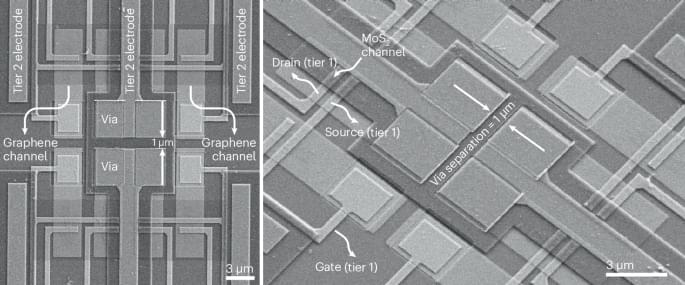
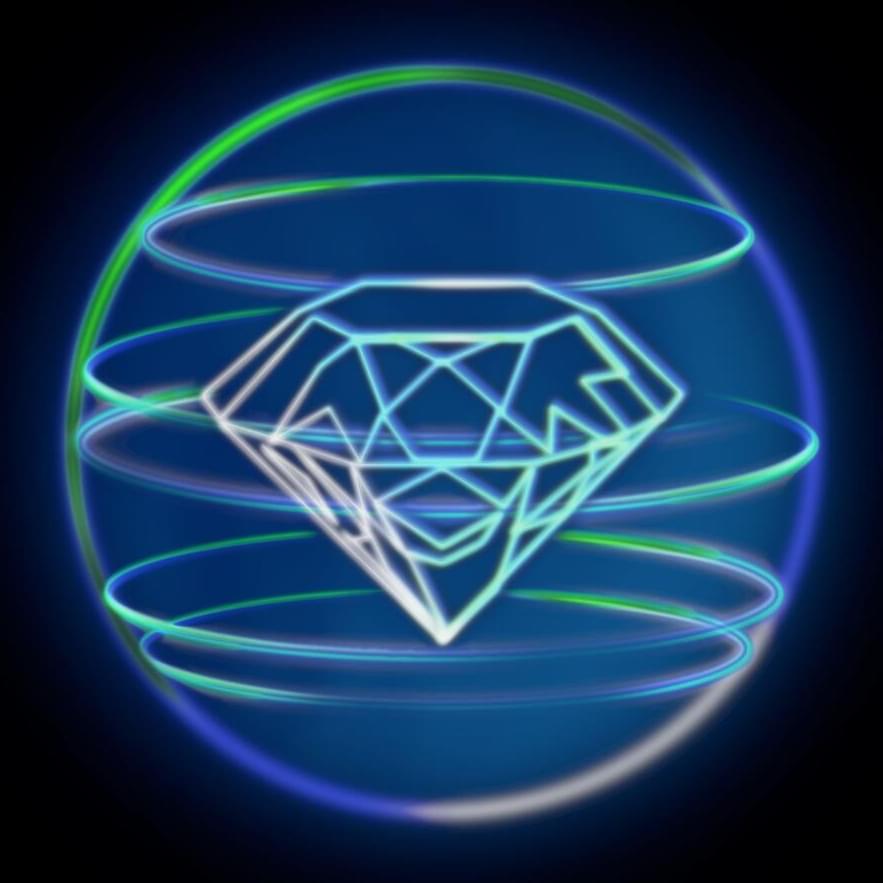
Unlocking Quantum Communication: The Power of Diamond-Based Qubits
Quantum computers and quantum communication are groundbreaking technologies that enable faster and more secure data processing and transmission compared to traditional computers. In quantum computers, qubits serve as the fundamental units of information, functioning as the quantum mechanical equivalent of bits in classical computing.
Where, for example, laser pulses in a glass fiber transport information from A to B in classical digital communication, quantum mechanics uses individual photons. In principle, this makes it impossible to intercept the transmitted data. Qubits that are optically addressable (can be controlled or read out with light) are suitable for storing the photons’ information and processing it in quantum computers. The qubits can store and process quantum states, and absorb and emit them in the form of photons.

If Helene causes a chip shortage, it’ll be different than COVID
Helene shut down the Spruce Pine mines that produce ultra-pure quartz, and some fear that could cause shortages and higher prices on things we buy.
So, how likely is that to happen?
The good news is Sibelco, Spruce Pine’s largest quartz mine, says its employees and contractors are all safe and accounted for.
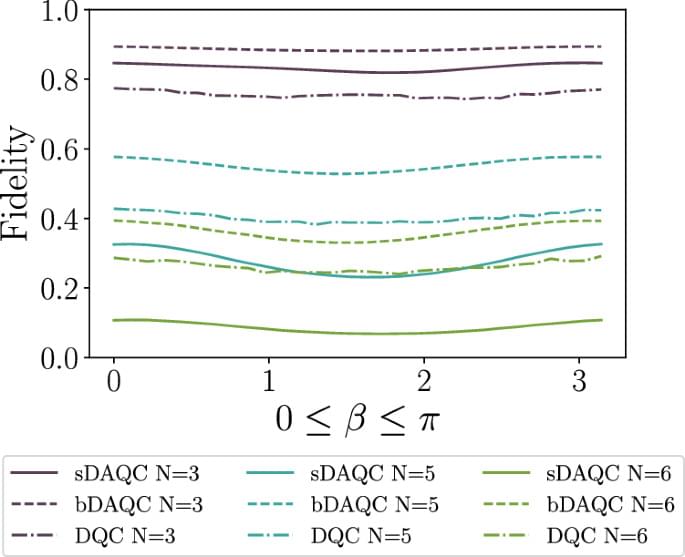
Mitigating noise in digital and digital–analog quantum computation
The authors explore the digital-analog quantum computing paradigm, which combines fast single-qubit gates with the natural dynamics of quantum devices. They find the digital-analog paradigm more robust against certain experimental imperfections than the standard fully-digital one and successfully apply error mitigation techniques to this approach.
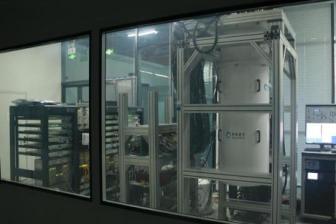
Chip gives edge in quantum computing
China’s efforts to scale up the manufacture of superconducting quantum computers have gathered momentum with the launch of the country’s independently developed third-generation Origin Wukong, said industry experts on Monday.
The latest quantum computer, which is powered by Wukong, a 72-qubit indigenous superconducting quantum chip, has become the most advanced programmable and deliverable superconducting quantum computer currently available in China.
The chip was developed by Origin Quantum, a Hefei, Anhui province-based quantum chip startup. The company has already delivered its first and second generations of superconducting quantum computers to the Chinese market.
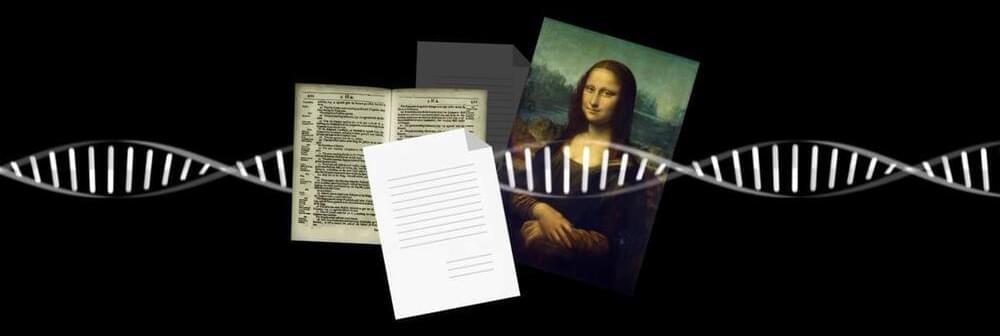
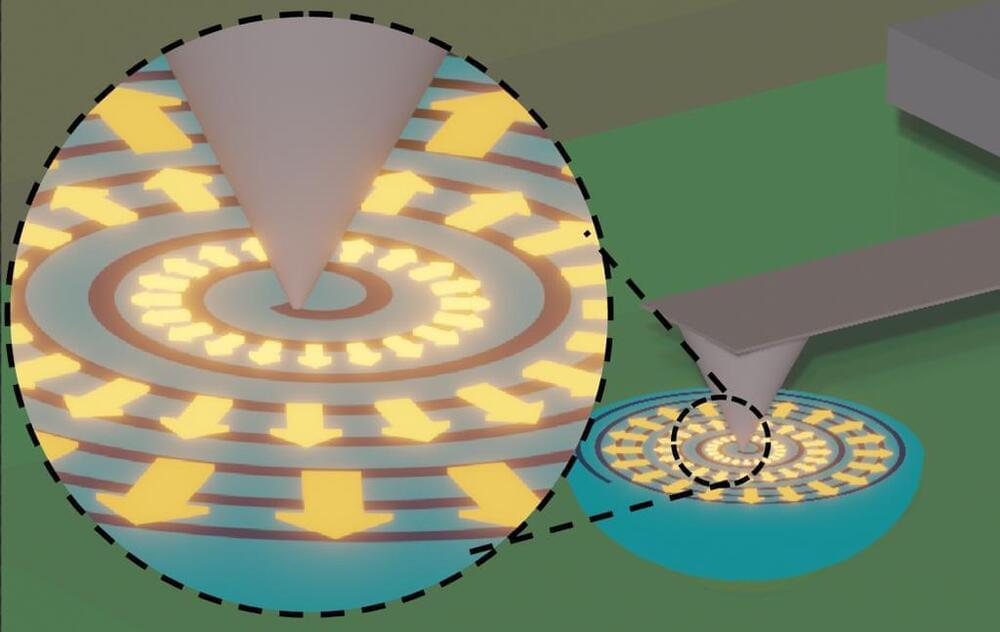
On-demand nanoengineering boosts materials for advanced memory storage
Next-generation technologies, such as leading-edge memory storage solutions and brain-inspired neuromorphic computing systems, could touch nearly every aspect of our lives — from the gadgets we use daily to the solutions for major global challenges. These advances rely on specialized materials, including ferroelectrics — materials with switchable electric properties that enhance performance and energy efficiency.
A research team led by scientists at the Department of Energy’s Oak Ridge National Laboratory has developed a novel technique for creating precise atomic arrangements in ferroelectrics, establishing a robust framework for advancing powerful new technologies. The findings are published in Nature Nanotechnology (“On-demand nanoengineering of in-plane ferroelectric topologies”).
“Local modification of the atoms and electric dipoles that form these materials is crucial for new information storage, alternative computation methodologies or devices that convert signals at high frequencies,” said ORNL’s Marti Checa, the project’s lead researcher. “Our approach fosters innovations by facilitating the on-demand rearrangement of atomic orientations into specific configurations known as topological polarization structures that may not naturally occur.” In this context, polarization refers to the orientation of small, internal permanent electric fields in the material that are known as ferroelectric dipoles.